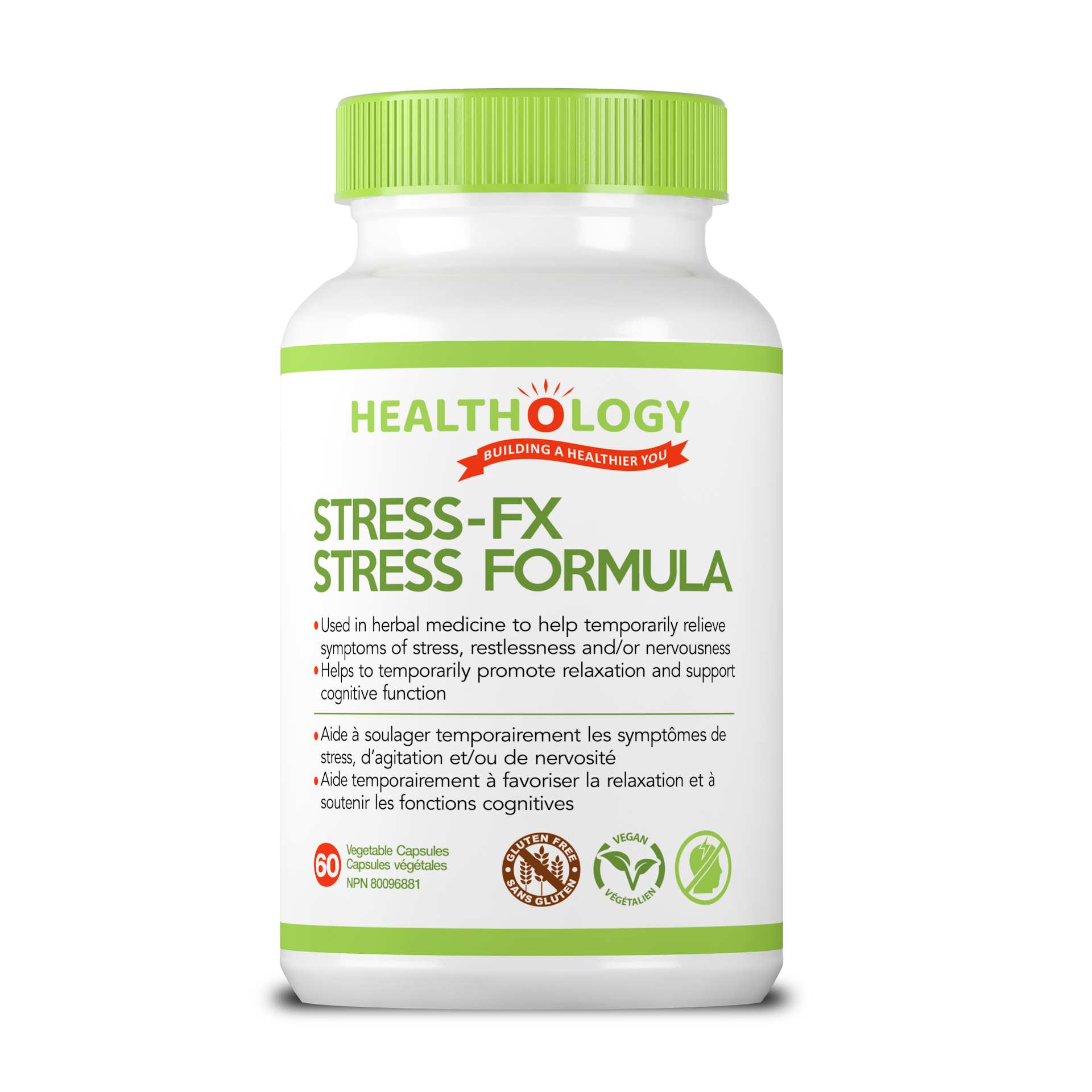Description
When we feel stress, the body responds as though we are being chased by a lion. It jumps into a ‘fight-or-flight’ state and releases a cocktail of hormones from the adrenal glands, including cortisol and adrenaline. These hormones redirect blood flow to large muscle groups, increase our breathing and heart rate, and give us a boost of energy. This response is meant to help us survive when we’re threatened, and it would be very helpful if we were actually face-to-face with a lion.
The problem is that the body can’t tell the difference between being chased by a lion and being stuck in traffic or facing a tight deadline, so it responds in the same way. When we’re faced with stressful situations day in and day out, the body thinks we’re being chased by a lion all the time. The opposite of being in fight-or-flight (sympathetic nervous system state) is called ‘rest-and-digest’ (parasympathetic nervous system state). The body cannot exist in both states at the same time, and it should only enter fight-or-flight on rare occasions. However, most of us face a multitude of stressors each day, and burning the candle at both ends takes a toll on our mental and physical health.
During the fight-or-flight response, the body takes the following actions:
- Sends extra blood flow toward large muscles and the heart, to help us run or fight the lion. This increases our risk of high blood pressure, heart disease, and stroke1.
- Takes blood flow away from digestion and detoxification organs. This causes indigestion, heart burn, bloating, and can trigger flare-ups of digestive conditions like IBD and IBS1.
- Suppresses the immune system, because dealing with a lion is more pressing than fighting an infection1.
- Breaks down muscle and increases fat storage to stockpile energy for future lion encounters. This causes us to gain weight, especially around the abdomen1.
- Reroutes blood flow in the brain away from areas responsible for learning and long-term memory, because there’s no critical thinking needed when the only thought is, “run!”. This causes us to experience brain fog, poor memory and difficulty concentrating1.
- Suppresses sleep because melatonin, our sleep hormone, is inhibited by cortisol. This results in fatigue, anxiety, depression, and difficulty coping with stress1.
The most important way to reduce cortisol and minimize these fight-or-flight reactions is to reduce stress. Unfortunately, that is not always possible, so supplementation can help your body cope with stress more effectively.
STRESS-FX is formulated to help us maintain our healthy rest-and-digest state. It helps us alleviate stress by lowering cortisol levels, and it promotes relaxation through boosting our calming hormone, GABA (Gamma-Aminobutyric Acid).
STRESS-FX improves mental clarity, anxiety, and memory, while helping us to recover more quickly from the physical and mental stressors of daily life.
Each Capsule Contains
Rhodiola Root Extract (Rhodiola rosea) 3% Rosavins, 1% Salidroside 150mg
L-Theanine100mg
KSM-66 Ashwagandha Root (Withania somnifera) 12:1 Extract, 5% withanolides
(QCE 1.2g) 100mg
GABA (Gamma-Aminobutyric Acid) 100mg
Passionflower Herb Top (Passiflora incarnata) 10:1 Extract (QCE 250mg) 25mg
Schisandra Fruit (Schisandra chinensis) 10:1 Extract (QCE 250mg) 25mg
Skullcap Herb Top (Scutellaria lateriflora) 4:1 Extract (QCE 100mg) 25mg
Non-Medicinal Ingredients: Vegetable Capsule Shell (Hypromellose), Oryza sativa (Rice) hull powder
Priority Allergens: None
Healthology does not use genetically modified ingredients. All ingredients are NON-GMO / GMO FREE.

